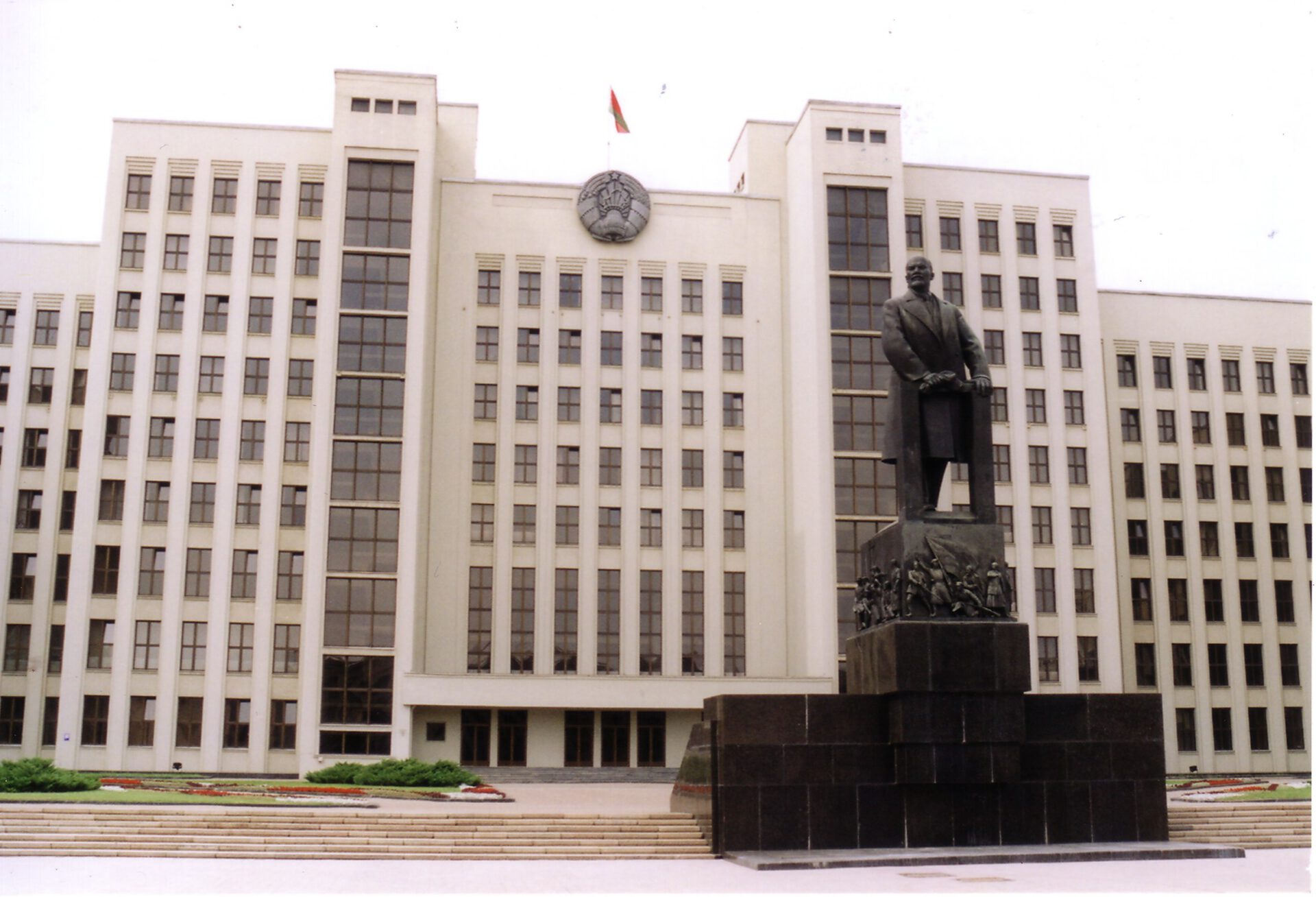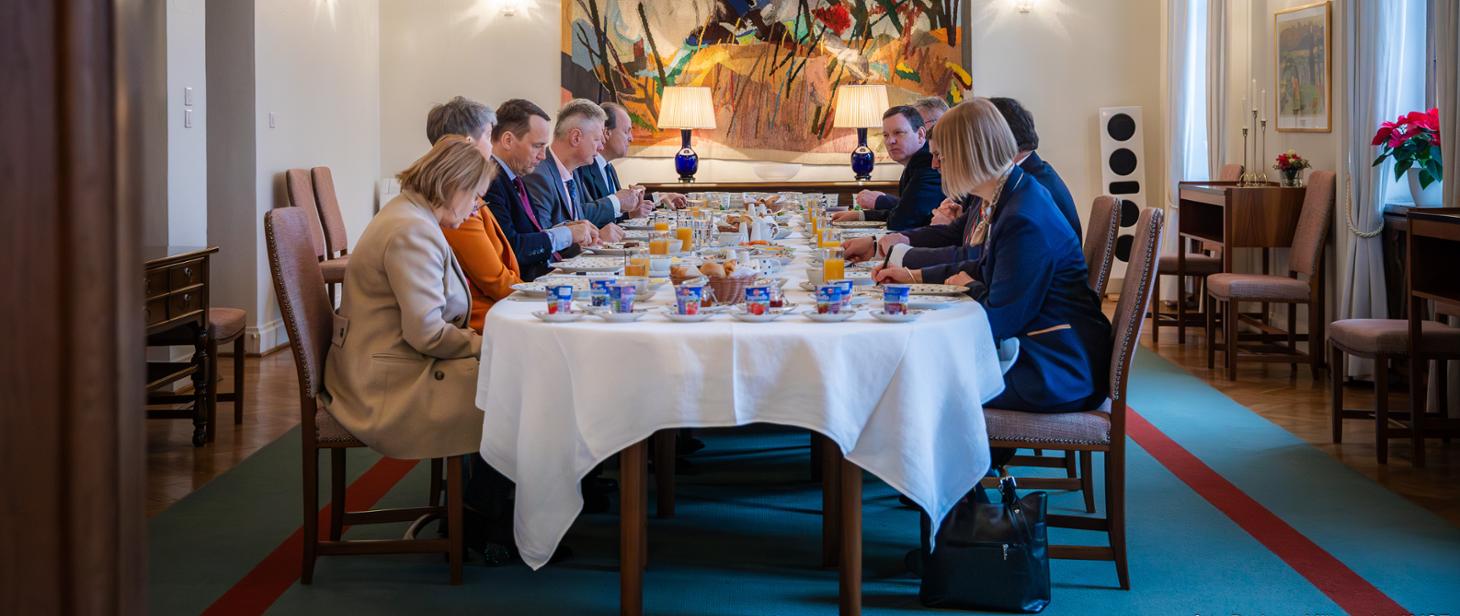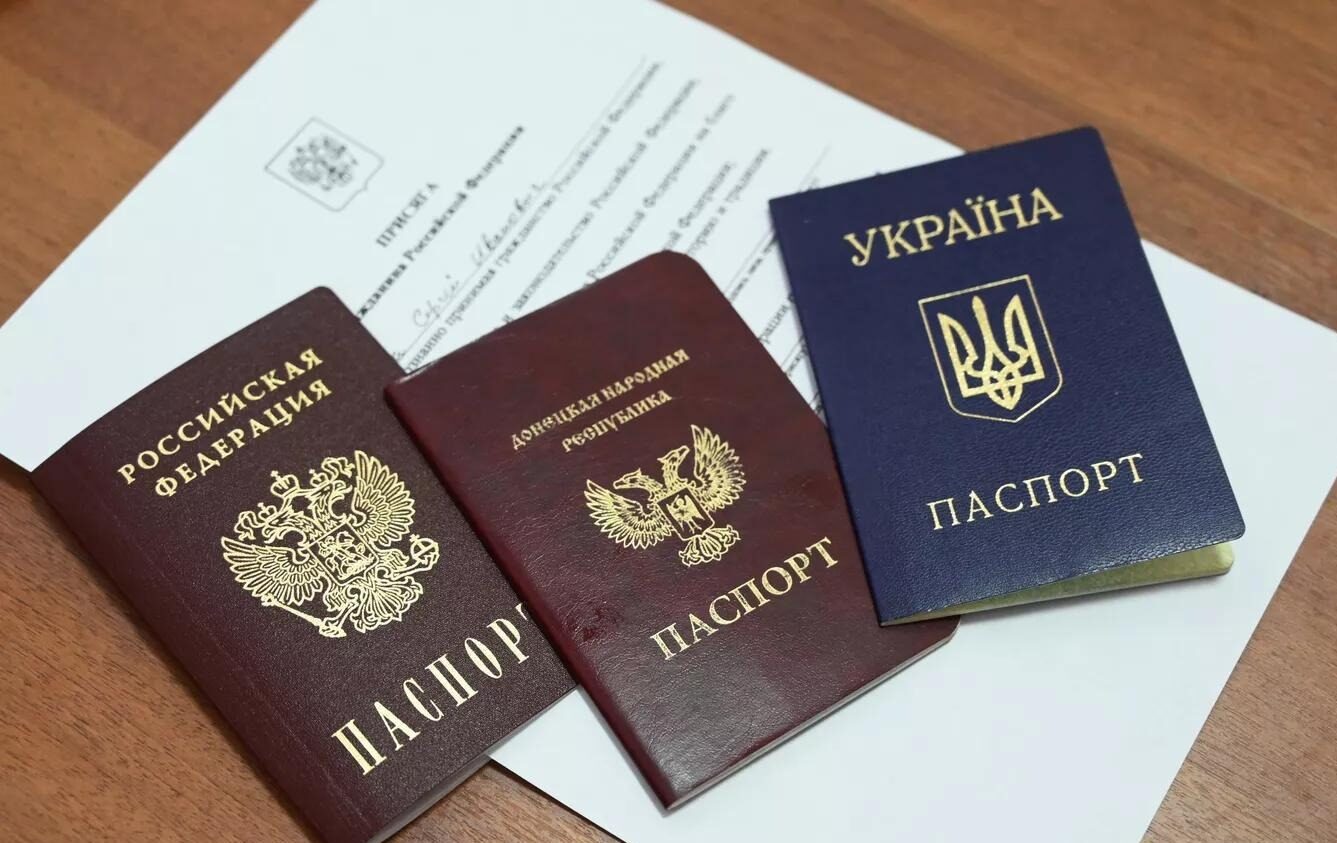
Ostracizing Minsk May Not Be in the West’s Interests
Ostracizing Minsk May Not Be in the West’s Interests
Executive Summary:
- The political rigidity associated with Western reactions to Minsk has limited any positive impact and is now sacrificing the “strategic foundation of Belarus’s statehood” on the altar of “present-day concerns.”
- Official Minsk has limited economic options due to Western sanctions, leading to a stronger reliance on Russian businesses and trade routes.
- Whether Belarus will retain its statehood or become a Russian colony depends on how long Minsk and Moscow remain on the same side of the Iron Curtain.
By all indications, Western policy toward Belarus is in need of fresh ideas. The crackdown on the post-election protests in 2020, as well as Belarus’s role in Russia’s war against Ukraine, has elicited stern reactions in the West to Minsk and a wholehearted embrace of the opposition. Still, the political rigidity associated with these Western reactions has limited their positive impact and is now sacrificing the “strategic foundation of Belarus’s statehood” on the altar of “present-day concerns” (see EDM, March 14).
Acting on some of these concerns may be counterproductive. For example, on March 1, Lithuania closed two more Belarusian border crossings and has been questioning Belarusian migrants based on the frequency of their trips to Belarus and their stance on the Alyaksandr Lukashenka regime (LRT, February 28). Such concerns limit Belarusians’ contact with the West and are used as fodder for hostile interpreters of outside actions toward Minsk. Russian historian Alexander Dyukov, in an interview with RuBaltic, notes that, until 2020, “Vilnius used to be a ‘weekend capital’ for some Belarusians. But people in expensive clothes and good cars who moved to Lithuania for permanent residence thereafter are a completely different matter.” Moreover, those newcomers appear to embrace the ideology that the Grand Duchy of Lithuania, headed by Vilnius, was a proto-Belarusian state whose name modern-day Lithuania usurped (RuBaltic, March 10). Whether such an ideology is dominant among Belarusians in Lithuania remains an open question, but it is unlikely to constitute any threat to the country.
Perhaps even more critical than Dyukhov’s hostile interpretation of Litvinism are the strategic implications of the semi-blockade from Belarus’s Western neighbors (Russia.post, August 30, 2023; see EDM, March 14). Some opposition-minded Belarusian commentators appear to take these implications seriously and use them to educate members of the Belarusian émigré community. In his recent weekly question-and-answer session with Zerkalo, Artyom Shraibman responded to the question: “There is an opinion that, in the event of the disappearance of the Putin regime, Russia will be too busy to care about Belarus, so the Belarusian regime will fall. However, as Russian businesses are taking over all the valuable assets in Belarus, the country is unlikely to be willing to let go of these businesses. And if so, does Belarus have a chance to not become a Russian colony in the foreseeable future?” Shraibman dispelled the notion that Russian business assets in Belarus are conducive to Belarus becoming a Russian colony. Shraibman referenced hostile takeovers of Russian holdings by Minsk, such as Belagazprombank in 2020 and the Belarusian authorities’ arrest of Russian potash company Uralkalii CEO Vladislav Baumgaertner in 2013 (see EDM, September 4, 2013).
In both cases, Moscow did not retaliate. Shraibman believes it is important that Russia has become the primary buyer of Belarusian goods and that all remaining Belarusian exports are now in need of exclusively Russian transit, as Lithuanian, Latvian, and Polish transit routes are blocked. It is this sort of dependency that makes Belarusian entrepreneurs overly accustomed to Russian business practices and norms (YouTube, March 7). Whether Belarus will retain its statehood depends on how long Minsk and Moscow remain on the same side of the Iron Curtain.
Developments on the other side of this new divide in Belarus are not as straightforward as they may seem. In mid-February, Elvira Mirsalimova, a Vitebsk-based ardent supporter of Russia’s war against Ukraine and of the view that Belarusians are Russians, was arrested for propagating Nazi symbols on her Telegram account. She republished a post about the “trophies of the Ukrainian army” supposedly found by Russian pro-war journalist Vladlen Tatarsky, who was killed in St Petersburg last year. These “trophies” included a flag with a swastika allegedly found in dugouts abandoned by the Ukrainian army, which Tatarsky was pictured standing on (Facebook/Mirsalimova, March 8). The irony of the situation is that both the late Tatarsky and Mirsalimova are champions of Russia’s expansionism, contrary to their “anti-Nazi” rhetoric (Zerkalo, March 5; Belsat, March 8).
Valer Karbalevich of Radio Free Europe/Radio Liberty attributes the Mirsalimova episode to the fact that demonstrating support for Belarus-Russia integration, though officially enshrined, has limits in Minsk. Crossing these limits is fraught with punishment. Karbalevich recalls the 2016 imprisonment of three Belarusian citizens who insulted the Belarusian nation in three articles in the Russian media (Svaboda, March 11). He also notes that Lukashenka has monopolized the pro-Russian flank of the Belarusian political scene. Unfortunately, neither Karbalevich nor Shraibman acknowledges that, in Belarus itself, there are essentially two communities in one that adhere to different historical narratives, and both communities claim to represent “Belarusianness.” On the one hand, many Belarusians subscribe to the Russo-centric interpretation of Belarusian statehood; on the other hand, most of those Belarusians in the opposition abide by the “Westernizing” narrative (The Jamestown Foundation, December 20, 2019). Lukashenka claims leadership of the Russo-centric segment of society. West-friendly pollsters, however, have shown the latter segment to be numerically stronger than its counterpart (Belorusskaya Natsionalnaya Identichnost, December 2022).
If this is the case, the answer to who is better equipped to protect Belarus from being absorbed by Russia is unclear. After all, while protesting the rigged 2020 election, the opposition did not favor any geopolitical orientation whatsoever. They became manifestly pro-Western when they found themselves forced out of Belarus. The opposition has little to no influence on developments within the country. Lukashenka’s track record, however, includes declarations and actions opposing Russia’s expansionism. For example, the Russian ambassador to Minsk, Mikhail Babich, was ousted in April 2019 because he appeared to confuse an independent country with a subdivision of the Russian Federation (see EDM, May 1, 2019).
Ruling out the possibility of engaging official Minsk no longer makes sense for the West. Not only would such an engagement prop up Belarusian statehood, but nothing short of it can facilitate the release of Belarus’s political prisoners and limit the country’s integration with Russia.


